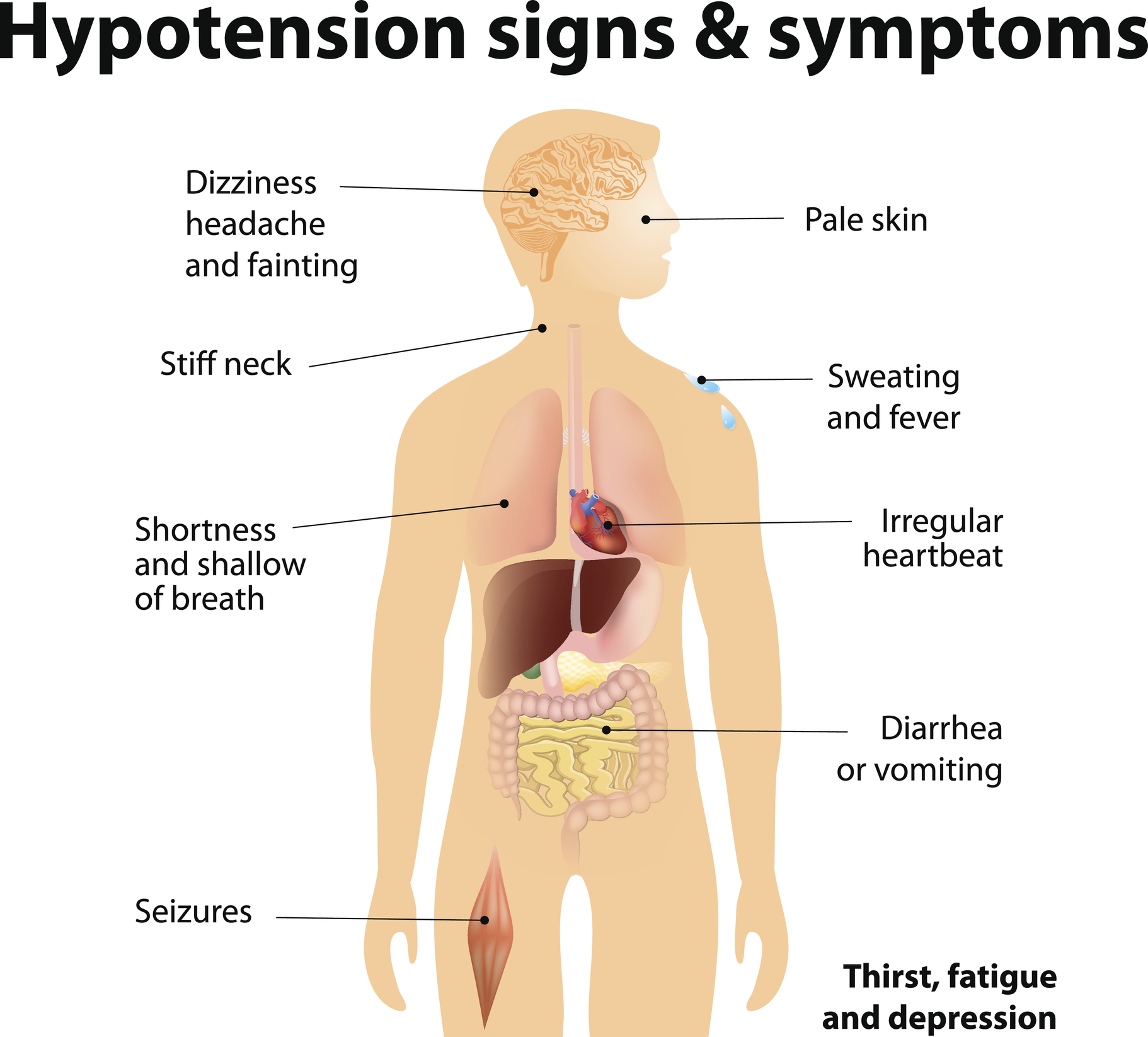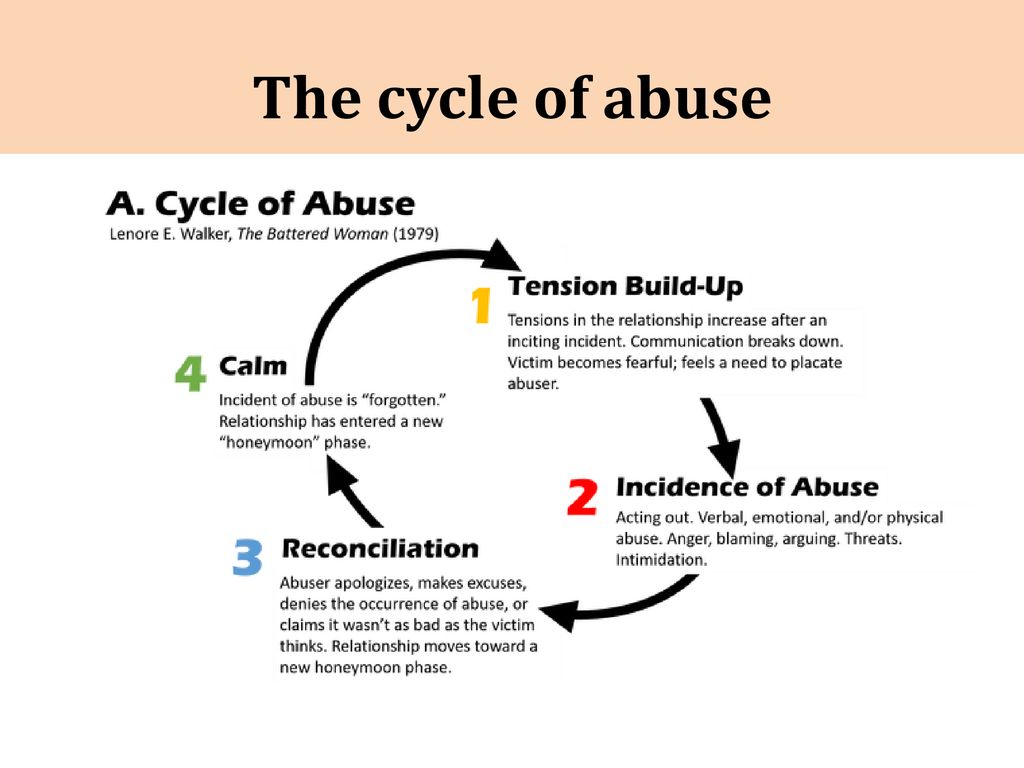How many days does it take to build a habit
Can I Form a New Habit In 21 Days?
How long does it take to form a habit? An average of 2 to 3 months, suggests research, but some habits may take more — or less— time than others.
Habits are those repetitive behaviors you do without much thought.
They might be little things that have no true impact on your day, like drumming your hands on the table before dinner, or they may be actions that impact your health and wellness, like regular exercise.
While habits aren’t easy to break, they aren’t the same as addictions; you have control over habits, and you can work toward new habit creation any time you want.
Habit formation can take an average of 59 to 70 days. According to a 2021 study, it can take about 59 days until a new habit becomes automatic. Further stating that implementing routine-based and time-based cues help to increase the chances of habit formation.
For example, if you want to implement the habit of flossing on a more consistent basis, you may plan to floss every morning after brushing your teeth.
But the length of time it takes for a habit to be formed can vary from person to person, so you may not always see success in 2 months.
Older research from 2012 focused on creating lifestyle changes to improve health outcomes. Research suggests that implementing small changes daily that are time and location-based can encourage habitual behavior change in about 10 weeks.
Habit formation largely depends on the habit itself and the individual, explains Heather Wilson, a licensed clinical social worker from Blackwood, New Jersey.
You may form habits quicker, for example, if you’re highly incentivized or monitored. Habits that aren’t enjoyable — even if they’re beneficial — may take longer to establish.
The introduction of rules, regulations, or restrictions may also force you to develop habits more quickly.
When habits are unhelpful
Not all habits have a positive or harmless impact on your life. Habits that include substance misuse, behaviors that may have harmful effects, or that negatively affect others may require the help of a professional to resolve.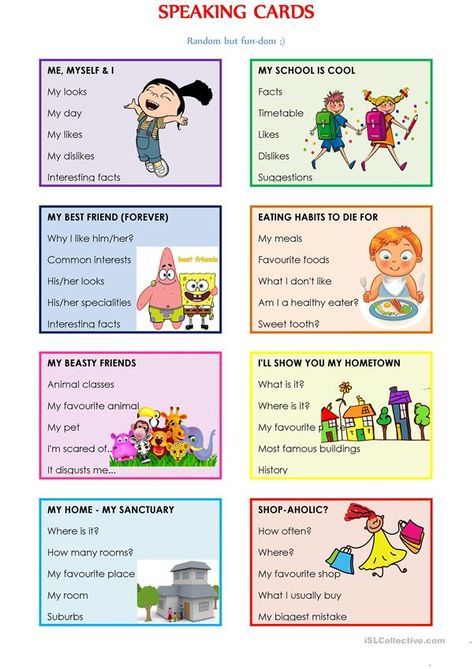
If you have a habit that feels out of your control, you may be experiencing addiction. If you’re living with an addiction, support is available for you. Consider speaking with a licensed professional who can help you cope.
Habit vs. addiction
Stephanie Gilbert, a licensed marriage and family therapist from Los Angeles, states, “A habit is a behavior you do with some regularity, and if taken away you might miss, but can fairly easily wait until the next time you can engage in the behavior.”
An example would be having a habit of reading before bed. If you miss out on reading due to an event, it doesn’t cause you significant distress. You enjoy reading, but you don’t need it.
“An addiction is a behavior you do because you feel like you have to and there are chemical reactions happening in the brain that make that need real,” she says.
With addiction, Gilbert explains there are negative consequences, like withdrawal symptoms, for not meeting that need or craving.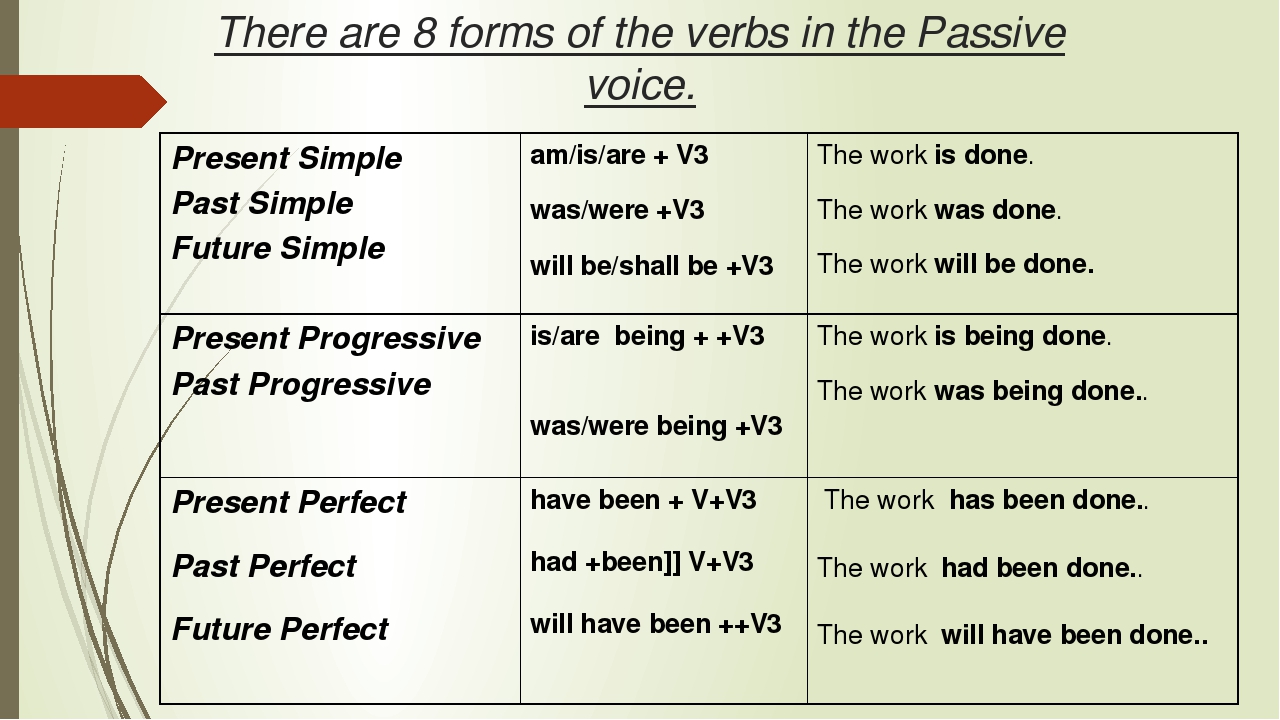
Was this helpful?
To give yourself the best chance possible of meeting that 2 to 3 month average, these tips may make a difference.
1. Try to start small
Gilbert recommends building habit frequency slowly. If your goal is to read before bed every night, for example, you can start by reading before bed once a week.
2. Break down your goal into simple steps
You may be more likely to drop a behavior the more difficult it feels.
“Make it easy for yourself,” says Wilson. “For example, if your goal is to exercise more, start by committing to walking for 10 minutes a day.”
3. Consider having a habit buddy
Wilson also suggests working toward habits with a friend or family member. Not only will this provide a source of support, she says, it will also help you to hold each other accountable.
4. Set aside time everyday
Scheduling time for your new habit may help. Digital reminders and scheduling programs can offer a way for you to ensure there’s time in your day to honor your new habit.
“For instance,” says Wilson, “if you want to start meditating, decide that you will do it first thing in the morning for 10 minutes, in your bedroom before getting out of bed.”
5. Remember to reward yourself
Habits are a part of learning, and learning in the brain is encouraged by reward.
When you successfully perform the new behavior, rewarding yourself with something you enjoy can provide a system of positive reinforcement.
Routine vs. habit
Gilbert says habits and routines are sometimes the same; however, routines are usually associated with repetitive times, while habits are related to specific behaviors.
Your bedtime routine, for example, may include habits like brushing your teeth, but it’s specific to the “before bed” time of day.
Was this helpful?
“Most experts agree that it is the number of repetitions that is more important than the amount of time when it comes to forming a habit,” says Wilson.
She explains this is due to a process called synaptic plasticity, which involves the strengthening of connections between neurons.
“The more repetitions there are, the stronger the connections become, and the more likely it is that the behavior will become automatic.”
Habits can be positive, negative, or meaningless. But these repetitive behaviors are within your control to make — or break.
Starting small, scheduling in time, and rewarding yourself are all ways to encourage habit formation. It may also be helpful to consider building habits that are time-based or implementing simple habits that occur in connection to established routines.
Try to take your time and discover what works best for you.
How Long Does it Take to Form a Habit? Backed by Science.
Maxwell Maltz was a plastic surgeon in the 1950s when he began noticing a strange pattern among his patients.
When Dr. Maltz would perform an operation — like a nose job, for example — he found that it would take the patient about 21 days to get used to seeing their new face. Similarly, when a patient had an arm or a leg amputated, Maxwell Maltz noticed that the patient would sense a phantom limb for about 21 days before adjusting to the new situation.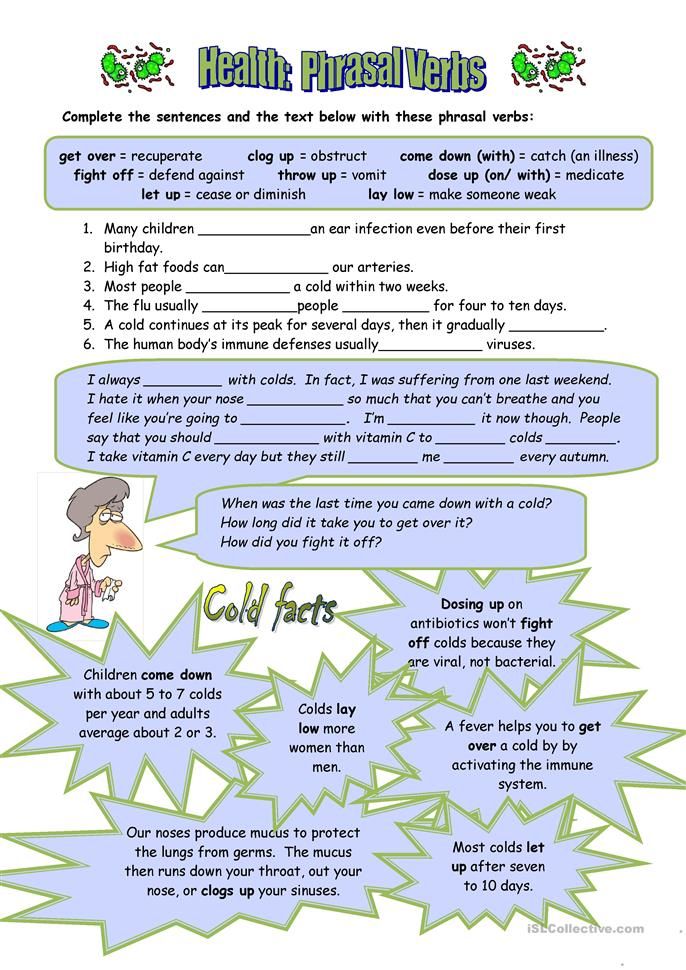
These experiences prompted Maltz to think about his own adjustment period to changes and new behaviors, and he noticed that it also took himself about 21 days to form a new habit. Maltz wrote about these experiences and said, “These, and many other commonly observed phenomena tend to show that it requires a minimum of about 21 days for an old mental image to dissolve and a new one to jell.”
In 1960, Maltz published that quote and his other thoughts on behavior change in a book called Psycho-Cybernetics (audiobook). The book went on to become an blockbuster hit, selling more than 30 million copies.
And that’s when the problem started.
You see, in the decades that followed, Maltz’s work influenced nearly every major “self-help” professional from Zig Ziglar to Brian Tracy to Tony Robbins. And as more people recited Maltz's story — like a very long game of “Telephone” — people began to forget that he said “a minimum of about 21 days” and shortened it to, “It takes 21 days to form a new habit. ”
”
And that’s how society started spreading the common myth that it takes 21 days to form a new habit (or 30 days or some other magic number). It's remarkable how often these timelines are quoted as statistical facts. Dangerous lesson: If enough people say something enough times, then everyone else starts to believe it.
It makes sense why the “21 Days” Myth would spread. It’s easy to understand. The time frame is short enough to be inspiring, but long enough to be believable. And who wouldn’t like the idea of changing your life in just three weeks?
But the problem is that Maxwell Maltz was simply observing what was going on around him and wasn’t making a statement of fact. Furthermore, he made sure to say that this was the minimum amount of time needed to adapt to a new change.
So what’s the real answer? How long does it take to form a habit? How long does it take a break a bad habit? Is there any science to back this up? And what does all of this mean for you and me?
How Long it Really Takes to Build a New Habit
Phillippa Lally is a health psychology researcher at University College London.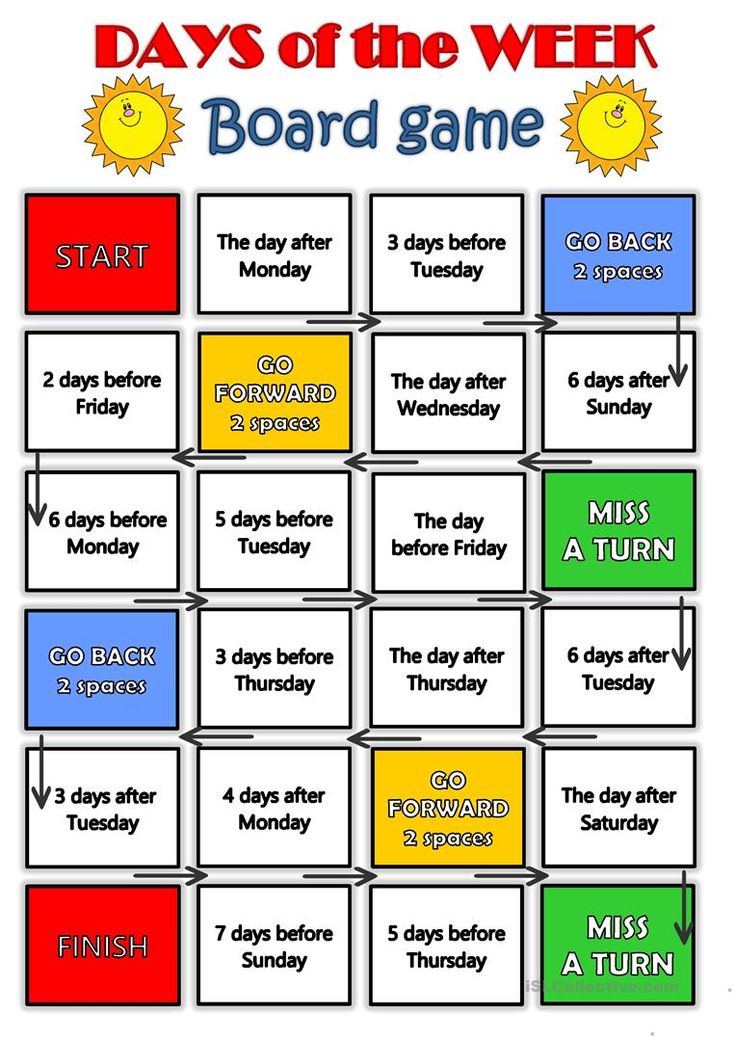 In a study published in the European Journal of Social Psychology, Lally and her research team decided to figure out just how long it actually takes to form a habit.
In a study published in the European Journal of Social Psychology, Lally and her research team decided to figure out just how long it actually takes to form a habit.
The study examined the habits of 96 people over a 12-week period. Each person chose one new habit for the 12 weeks and reported each day on whether or not they did the behavior and how automatic the behavior felt.
Some people chose simple habits like “drinking a bottle of water with lunch.” Others chose more difficult tasks like “running for 15 minutes before dinner.” At the end of the 12 weeks, the researchers analyzed the data to determine how long it took each person to go from starting a new behavior to automatically doing it.
The answer?
On average, it takes more than 2 months before a new behavior becomes automatic — 66 days to be exact. And how long it takes a new habit to form can vary widely depending on the behavior, the person, and the circumstances. In Lally's study, it took anywhere from 18 days to 254 days for people to form a new habit. 1
1
In other words, if you want to set your expectations appropriately, the truth is that it will probably take you anywhere from two months to eight months to build a new behavior into your life — not 21 days.
Interestingly, the researchers also found that “missing one opportunity to perform the behavior did not materially affect the habit formation process.” In other words, it doesn’t matter if you mess up every now and then. Building better habits is not an all-or-nothing process.
Finding Inspiration in the Long Road
Before you let this dishearten you, let's talk about three reasons why this research is actually inspiring.
First, there is no reason to get down on yourself if you try something for a few weeks and it doesn't become a habit. It's supposed to take longer than that! There is no need to judge yourself if you can't master a behavior in 21 short days. Learn to love your 10 Years of Silence. Embrace the long, slow walk to greatness and focus on putting in your reps.
Second, you don't have to be perfect. Making a mistake once or twice has no measurable impact on your long-term habits. This is why you should treat failure like a scientist, give yourself permission to make mistakes, and develop strategies for getting back on track quickly.
And third, embracing longer timelines can help us realize that habits are a process and not an event. All of the “21 Days” hype can make it really easy to think, “Oh, I'll just do this and it'll be done.” But habits never work that way. You have to embrace the process. You have to commit to the system.
Understanding this from the beginning makes it easier to manage your expectations and commit to making small, incremental improvements — rather than pressuring yourself into thinking that you have to do it all at once.
Where to Go From Here
At the end of the day, how long it takes to form a particular habit doesn't really matter that much. Whether it takes 50 days or 500 days, you have to put in the work either way.
The only way to get to Day 500 is to start with Day 1. So forget about the number and focus on doing the work.
If you want more practical ideas for breaking bad habits and creating good habits, check out my book Atomic Habits, which will show you how small changes in habits can lead to remarkable results.
Footnotes
Even though the study only ran for 12 weeks, the researchers were able to use the data to estimate the longer timelines (like 254 days) to form habits. Again, the exact time depends on a variety of factors and isn't nearly as important as the overall message: habits can take a long time to form.
How to form a new habit and get rid of the old one. Start a good habit
Cherished number
How many times have you started life from scratch? Started a diary, set a time frame - "I'll start on Monday" or "from the first of July"? Celebrated "21 days of exercise" or "21 days without cigarettes"? The magic number "21" has become a household name, which is actively used by marketers. Yes, a person can survive 21 days without sweets or tobacco, but this does not mean that the addiction will disappear from his life.
Yes, a person can survive 21 days without sweets or tobacco, but this does not mean that the addiction will disappear from his life.
Mark Twain: “Quitting smoking is easy – I have quit a thousand times myself”
The American psychologist George Stratton was the first to speak about “21 days” back in 1896. He conducted an interesting and slightly strange experiment using the "invertoscope" tool he created.
The essence of the study was as follows: the retina of our eye receives the seen image in an inverted form, but the brain instantly transforms the image into the desired, correct position. The device, resembling a monocle (and later binoculars), showed the surrounding world in a "direct" form. At first, it was very difficult for Stratton, he was lost in space, and ordinary household chores were given to him with great difficulty. However, by the end of the third week, the doctor got used to such a "vision" and did not experience any difficulties. At the end of the experiment with "glasses", he had to adapt again - it also took a little less than a month to recover.
At the end of the experiment with "glasses", he had to adapt again - it also took a little less than a month to recover.
In 1950, plastic surgeon Maxwell Maltz noted that patients become accustomed to a new appearance on the 21st day after surgery and phantom pain after limb amputation is felt during the same time period.
After ten years of experimentation and observation, Maltz published his book Psychocybernetics, where he pointed out that it takes "a minimum of 21 days" to form a habit. This was the starting point for the spread of the myth "A habit needs exactly 21 days", forgetting about the word "minimum", which was the key.
More useful materials you will find on our telegram channel "Programmer's Library"
Interesting, go to the channel
Other myths about habit formation . Let's talk about three more misconceptions.
It's all about willpower
Discipline is given too much importance. Failed to get up for a run or ate an extra calorie on a diet? Weak and rag. In fact, habit does not require volitional effort. The single most important item for success in forming a habit is the reward.
Failed to get up for a run or ate an extra calorie on a diet? Weak and rag. In fact, habit does not require volitional effort. The single most important item for success in forming a habit is the reward.
Recall how a manager gives a bonus when fulfilling and overfulfilling a plan at work. This is the reward that makes you want to work towards your goal. It doesn't matter what habit you form - a healthy lifestyle, learning a new foreign language, or quitting smoking. Decide what you will get for overcoming the next step, whether it's delicious coffee, an episode of your favorite series or an hour of nap.
Motivational apps
Download our 30 Day English/Body/Speech Boost app (magic numbers again) and we'll remind you every day about your classes, and the result won't be long in coming! Such free applications, but with many paid features, are full of Play Market, Apple Store and other services.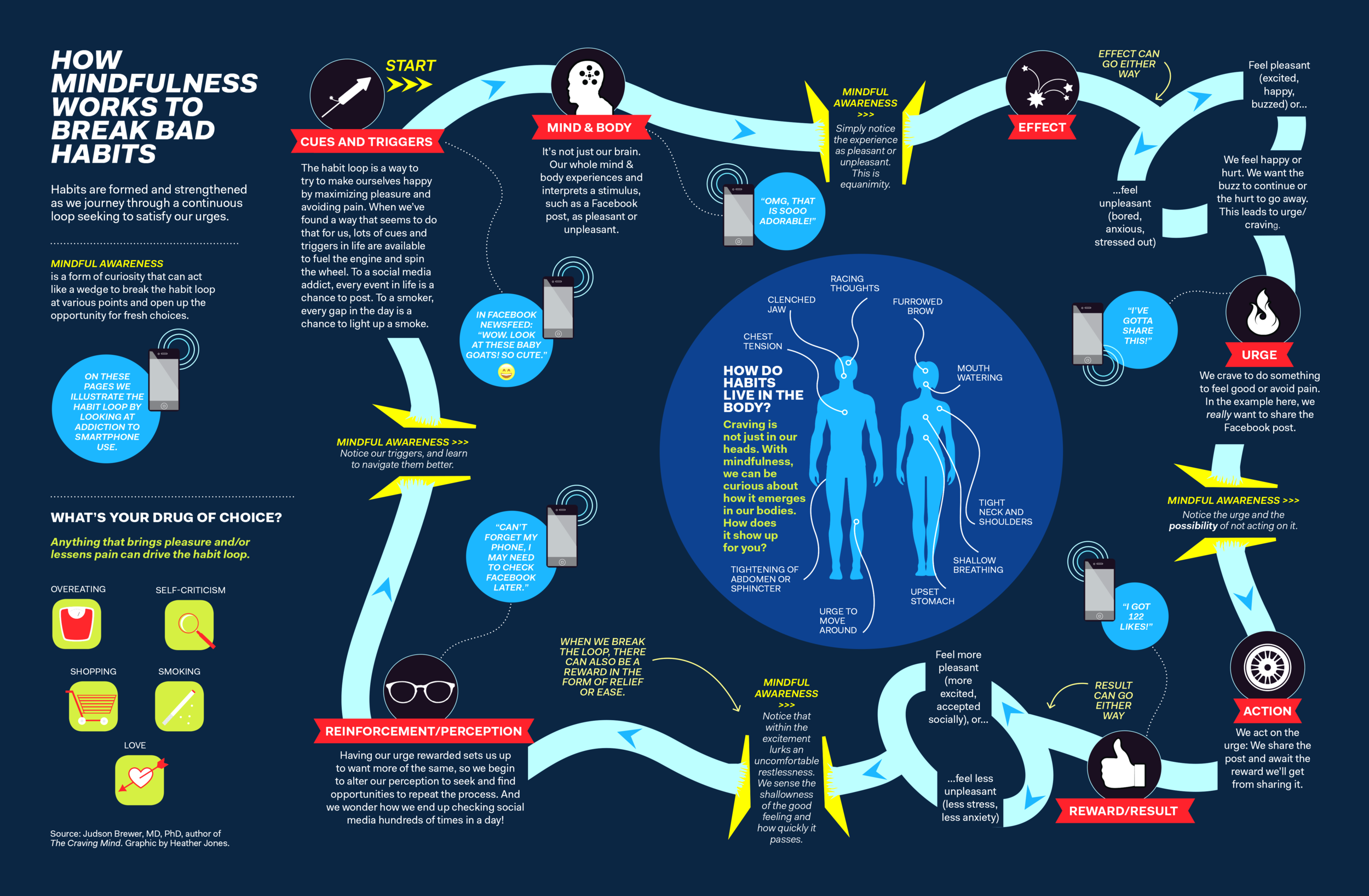
Such apps hinder habit formation, and if they include a competitive aspect and it all resembles your favorite MMORPG (earn points, get ahead of other participants, unlock avatars), then you risk spending time on a good marketing ploy, instead of practicing English or sports. And reminders in such applications completely interfere with the formation of a habit.
Study
The purpose of the study (.pdf) of British scientists was to study various signals (triggers) for forming a habit. More than 115 different "reminder" apps have been studied. The essence of the experiment was as follows: the participants were divided into several groups, each of which was subjected to special conditions, and the subjects had to report on what they ate during the day. One of them also used reminders to remember your lunch and positive reinforcement, while others may have lacked one of the factors or even both.
Bottom line: participants who were not reminded to turn in the task were quicker to adopt the habit than those who received a daily trigger. This is a direct confirmation that reminders in applications only interfere with the formation of a new lifestyle. The reward remained a good motivator in all groups.
Rest day
Surely you have heard more than once that you miss one day of training or a foreign language lesson and all your efforts go down the drain. You can not interrupt the chain of classes, otherwise all your achievements are depreciated and you will have to start over. Therefore, many, at least once allowing themselves to relax, give up undertakings and do not believe in their success.
Undoubtedly, regularity is the most important indicator of habit formation. Yes, at least one day of skipping actually "nullifies" your progress, but this does not mean that you need to "let go and forget. " Your brain is already changing, getting used to new actions and gaining a lot of new knowledge - this development will not disappear in one missed day. The main thing is to believe in yourself and not quit what you started.
How a habit is formed
How a habit is formedThe scheme for forming any habit is very simple:
- Trigger: something that triggers a specific action. It can be a reminder on the phone or any other signal that makes it clear - it's time to get down to business.
- Routine: The essence of a habit is a repeated action. Foreign language lesson, sports, proper nutrition. Even quitting smoking becomes a routine action, because you have to engage in self-control.
- Positive reinforcement: what we wrote about above - reward. What is the motivation for doing the previous step. “I am learning English so I can go abroad and feel comfortable”, “I exercise to build muscle and be more confident”, “I quit smoking for the sake of my health” - such goals allow you not to give up in the middle of the journey.
An abandoned cigarette can be replaced with delicious coffee, and for an extra half hour of fitness, treat yourself to a delicious (and preferably healthy) lunch.
If positive reinforcement was good for you, then the next time the trigger fires, you will want to repeat the action in order to get the “bun” again. This repetition of the same action is a habit.
How much time does it really take?
If we discard marketing tricks and turn to scientists, we can find out that a habit is formed in a period of 18 to 254 days. Yes, a habit can take 21 days to form. As well as for 18, and for 70, and for 200. The speed depends on the very habit and circumstances. This was proven by Philippa Lalli and her team of researchers. British scientists conducted an experiment in which almost a hundred people participated. They were asked to select a desired habit and watch it automate.
The result was the following: it takes about 66 days on average (!) to form a new habit. The figure can grow or be lower - it depends on many factors.
For example, the habit of drinking the required amount of water per day to maintain the water balance in the body can be formed in a couple of weeks. And the daily study of new foreign words or morning exercises will take several months. The factor of "rootedness" of the old habit is also important. If you want to switch to a healthy diet and “get off” fast food, then how long you ate french fries and burgers will affect the rate of introduction of a good habit.
***
The average time it takes a person to get used to a new way of life is two months, that is, 60 days. The number is far from the mystical number "21", isn't it? Don't let marketers confuse you - remember that you are unique and timelines can vary greatly. Just start working on yourself and remember that the hardest thing is the first day :)
Related materials
- 💪🔋👨💻 97 productivity tips for programmers and TOP 6 most important
- Improving Your Productivity: 6 Key Factors
- ⚕️ 13 habits that hinder the development of our potential and reduce productivity
How long does it take to break or form a habit?
How long does it take to break or form a habit? - FoxTimeHow long does it take to break or form a habit? – Fox TimeSome habits can be good or bad, and a person often tends to fix the good ones and give up the bad ones. But it gets hard, right? According to science, we will tell you where to start.
Daily brushing of teeth or a morning cup of invigorating coffee - all people have dozens of habits that help them get through their daily routine and get ready for the day ahead.
Some of them are great, like going to the gym, and others are not really encouraged, like smoking.
Today there is no shortage of special applications designed to help a person form a habit, and many of them are built on the assumption that 21 days is enough time to establish a habit.
Where does this number come from? And it comes from a popular 1960 book called Psychocybernetics by Maxwell Maltz, a plastic surgeon who noted that it took his patients 21 days to get used to their new faces.
However, according to a 2009 study, the time it takes to form a habit is not really defined.
Researchers at University College London studied new habits in 96 people for 12 weeks and found that the average time it takes for a new habit to stick is actually 66 days. In addition, individual times ranged from 18 to a whopping 254 days.
On average, habit formation takes at least two months.
What about trying to break an unwanted habit?
Photo / Thiago Matos / pexels. com
It turns out that these two processes - the formation and destruction of habits are quite closely related. As psychologist Timothy Pychil Alison Nastasi explains, “hopes” and “fears” are two sides of the same coin. Neuroscientist Elliot Berkman says it's much easier to start doing something new than it is to stop doing something you're used to without "replacement behavior," and that's the point. This is one reason why smoking cessation aids such as nicotine gum or inhalers tend to be more effective than simply putting on a nicotine patch.
Experts agree that there is no typical time frame for quitting a habit, and the right recipe will consist of a combination of personality, motivation, circumstances, and the habit in question.
“People who want to quit their habit for reasons that are consistent with their personal values will change their behavior faster than people who do so for external reasons, such as pressure from others,” says Berkman.
![]()
Learn more


